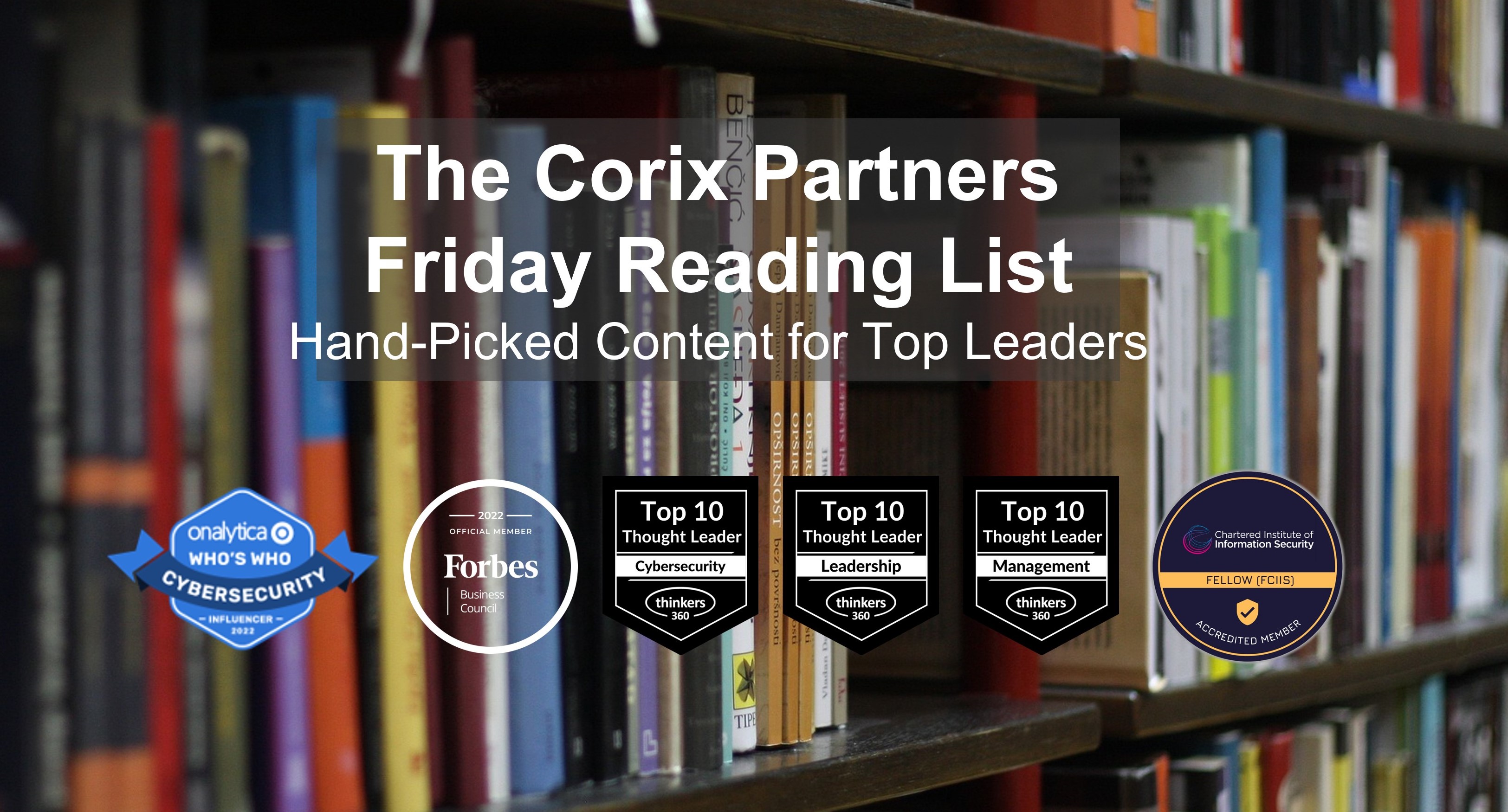Jun10

We live in a rapidly changing world. Rapid change often feels unplanned and even chaotic. Now more than ever, the social, political, and economic environments shape organisational responses.
Think of all we have experienced in just the past few years: a global pandemic, social and political unrest, war, the rise of remote work, grief, loss, uncertainty, and more. While it may feel like many circumstances and events are out of your control, it’s possible to build future-mindedness, be strategic, and for your organisation to navigate uncertainty with confidence. That’s where strategic foresight comes into play.
According to our research, adopting a future-minded mindset works. Future-minded leaders who practice pragmatism and optimism and envision future events have higher-performing teams. Combine future-minded leaders with strategic foresight, and your business—and people—will come out on top.
In this article, you’ll learn about strategic foresight, why it benefits your organisation, and how to stay ahead.
First, let’s define what strategic foresight means.
Strategic foresight is about iterative exploration. An organisation can assess, shape, and adapt to its surroundings. It’s also known as future studies—a process that adopts future thinking, looks at possible futures, and plans scenarios. Futurists often consider alternative futures.
Let's pause if you’re looking for a magic crystal ball in the future. Strategic foresight does not predict the future. Understanding what strategic foresight isn’t essential, especially as you plan for your organisational performance, is necessary.
It’s not definitive, set in stone, or bound to a specific result or desired outcome. Strategic foresight should be treated as a living, breathing organism – a malleable, evolving, and iterative strategic process.
You might wonder why strategic foresight is important for your organisation. On its face, strategic foresight can seem nebulous. Does it work? What’s the point? What are the benefits?
We’ve compiled four benefits of strategic foresight to consider:
Resilience to External Environmental Factors: Future-minded leaders produce more resilient teams. When crises like the COVID-19 pandemic erupt, you must ensure your teams are well-equipped to weather life’s highs and lows. For example, when Amazon faced unprecedented challenges during the pandemic, its strategic foresight allowed it to adapt swiftly, ensuring supply chain continuity and customer satisfaction.
Competitive Advantage: Strategic foresight can help strengthen your organisation’s competitive advantage. By thinking through potential pitfalls and planning, you’ll be better positioned for success. Tesco’s investment in online grocery services before the pandemic is a prime example of using strategic foresight to stay competitive.
Improved Employee Experience and Satisfaction: When business doesn’t go well, it often negatively impacts employees. Adopting strategic foresight helps deliver a remarkable employee experience and hinges on adaptability. Because crises like COVID-19 can happen suddenly, the employee experience is ever-evolving.
Empowered Learning and Employee Development: Strategic foresight forces innovation and requires out-of-the-box thinking to envision the future. Learning and development are prerequisites for strategic foresight. Organisations promoting learning pathways challenge their workforce to think creatively. For instance, offering a suite of learning options, like asynchronous learning and workshops, empowers employees to continue learning and challenging themselves.
The preferred future often doesn’t happen, but there are methodologies that can help predict probable futures. Even the best planners need to adopt horizon scanning to put strategic foresight into practice. Different futures and outcomes require drivers of change. Without decision-makers who are drivers of change, strategic foresight dissolves into strategic planning. It takes a long-term look at what the future holds, not a short-term one.
How are you fostering future-minded leaders in your organisation? What biases around change and uncertainty can you break? How are you gathering inputs and metrics around foresight methods?
Visualise Solutions helps medium-sized businesses innovate and make measurable progress towards their business outcomes so their companies thrive.
Elevate your business results with expert innovation and strategy, including advanced business model innovation, effective OKR, and balanced scorecard frameworks.
Learn more and contact us now.
By Andrew Constable MBA, LSSBB
Keywords: Business Strategy, Innovation, Leadership
 Friday’s Change Reflection Quote - Leadership of Change - Change Leaders Cultivate a Customer-Centric Mindset
Friday’s Change Reflection Quote - Leadership of Change - Change Leaders Cultivate a Customer-Centric Mindset Celebrating Birthdays: A Simple Way to Make Your Team Feel Special
Celebrating Birthdays: A Simple Way to Make Your Team Feel Special The Corix Partners Friday Reading List - July 5, 2024
The Corix Partners Friday Reading List - July 5, 2024 Escaping the Competitive Herd
Escaping the Competitive Herd Purpose: From Performative Gestures to Strategic Value Creation
Purpose: From Performative Gestures to Strategic Value Creation